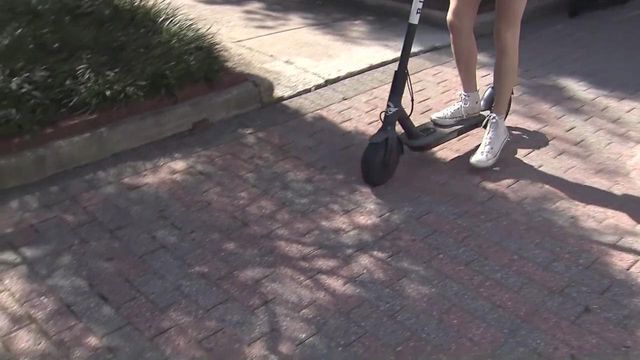Who pays if you fall off an e-scooter?
Depending on whom you ask, they’re a scourge, invading the streets of decent cities around the country, or they’re a transportation revolution removing the “last mile” hurdle to using public transit and taking polluting cars off the road.
E-scooters have caused rage in San Francisco (which only recently allowed them back on the roads) and a legal tiff in Santa Monica, California. Now they’re set to hit the streets of Sacramento.
No matter how you feel about scooters, they often look a lot like lawsuits waiting to happen: People whizzing down the street in the opposite direction of traffic without helmets, jolting over potholes, sometimes thudding up onto the sidewalks and back down again.
I asked Thom Rickert, an emerging risks specialist with Trident Public Risk Solutions, which insures governments and other public entities, for his thoughts. Electronic scooters, he said, are part of an emerging realm of the share economy: the complicated liability economy.
“It’s somewhat based on the individual responsibility, the responsibility of the vendor and also the manufacturer,” Rickert said. “Everybody has to assume responsibility for those shared assets.”
Sure, you have to scroll through a pages-long waiver on your phone before you can unlock a scooter, which in theory means anything that happens to you while you’re riding is all your responsibility.
But, Rickert said, “there can always be exceptions.”
If a business leaves debris in the street and you scoot into it and fall, whose fault is it? Another crucial question is whether there is a financial backstop if home, auto or health insurance don’t cover the accident costs.
If, say, you hit a pothole, could a city be liable? Rickert said that varied widely by jurisdiction.
In any case, he said, people like him are keeping a close eye on a growing market for trip insurance — where you might pay a few cents to cover your liability for every mile.
He said part of the solution would come from more information about how, when and under what circumstances e-scooters are being used. Plus, you know, a lot of data about injuries.
“To see how society adapts to the sharing economy,” he said, “we need data.”











